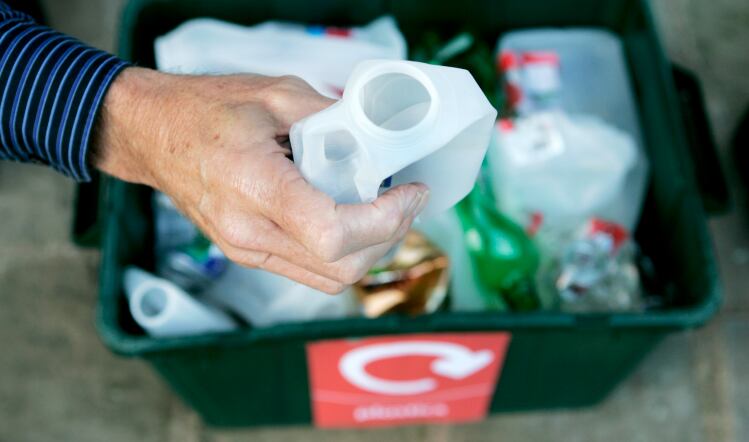In a recent survey, it found that 84% of respondents said any DRS should cover as wide a range of drinks containers as possible, up from 69% that said the same last year.
Up to four-in-five people called for a variable deposit, where the levy on drinks containers based on their size and material. This was in stark contrast to the Government’s consultation, which suggested 57% of respondents favoured a flat deposit level.
The Extended Producer Responsibility Rules (EPR) – set to come into force in less than three years – will force producers and users of packaging to pay the net cost of collecting, reprocessing and recycling. Moving to a single compliance point for EPR regarding local authority-collected packaging waste could hugely increase costs for food and drink brand-owners, according to sustainability experts.
Plastic packaging tax
Meanwhile, the plastic packaging tax, which takes effect in April 2022, will charge businesses whose packaging contains less than 30% recyclable material £200/t.
The idea of an ‘all-in’ DRS is one championed by Nature 2030, which believed it would be easier for consumers to understand and the most effective model for reducing waste.
It argued that a flat rate that had been proposed by the Government would only serve to drastically increase the price of small drinks servings compared to larger servings. This in turn would increase obesity rates, with consumer encouraged to by larger portions of sugary drinks, Nature 2030 argued.
Campaigners of marine health have come out in support of this set of results, arguing that a more comprehensive scheme was needed to protect already threatened rivers and oceans.
Dr Sian Henley, lecturer in marine science at the University of Edinburgh, said: “The survey results show the British public supports the introduction of a deposit return scheme that puts the environment first.
Comprehensive scheme
"Making the DRS as comprehensive as possible ensures no materials will be left to litter our precious seas and coastline for generations to come.”
Dr Laura Foster, Head of Clean Seas at the Marine Conservation Society, has called on the Government to take the public’s lead and introduce a comprehensive scheme to combat litter and plastic pollution.
The UK Government has committed to introducing a DRS covering England, Wales and Northern Ireland in 2023. However, Scotland passed legislation for its own DRS in May that more closely follows the blueprint outlined by Nature 2030.
A spokesman for the Nature 2030 campaign added: “With Whitehall set to introduce a deposit return scheme over the next few years, ministers have got the necessary time to design a system that has the support of consumers across Britain.”


